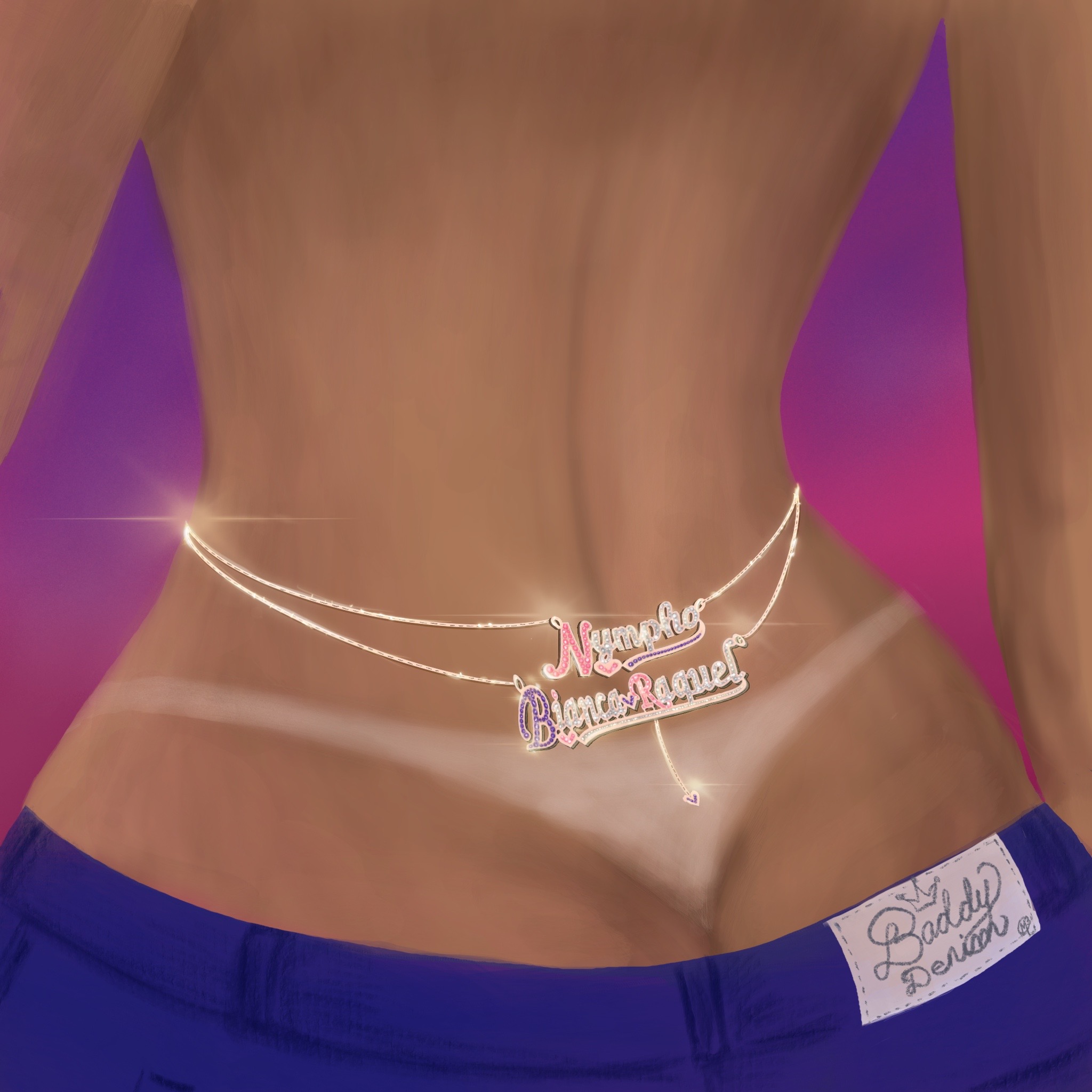We Speak Music
Bianca Raquel Reveals Sensual Music Video for ‘Nympho’

Bianca Raquel, an NYC native and Berklee College of Music alumni, is a multi-faceted creative, utilizing her skills in songwriting, producing, arranging, and creative direction to communicate her artistic point of view.
Bianca Raquel has been expressing herself with mediums such as production, arranging, and songwriting for as long as she can remember. Her father is a world-renowned musical director, musician, arranger, and producer whose work ethic and dedication to excellence inspired a hunger for musical knowledge and depth in young Bianca.
As a child, Bianca Raquel fell in love with performing, practically growing up in Harlem’s legendary Apollo Theater where her father worked as musical director during her infancy all the way up until she started college. It was at the Apollo where like a sponge, Bianca intently watched performances both professional and amateur, soaking up information and paying close attention to the audience’s reaction. The Apollo granted Bianca Raquel a master class in showmanship which she’s carried and nurtured throughout her artistic journey.
Her studies at Berklee College of Music, where she majored in Professional Music, gave her access to knowledge that further sharpened her skills. This prestigious institution and its endless hordes of musical prodigies and jazz savants allowed her to connect with like-minded creatives and continue to focus on her lifelong interests in arranging, songwriting, producing, and performing.
After attending Berklee, Bianca Raquel started as a performer opening up for artists such as Dwele, Bilal, Talib Kweli, and Nona Hendrix. Bianca has gained experience performing in various venues throughout NYC, the DMV area, Los Angeles, and overseas in London, Paris, Amsterdam, Copenhagen, and Berlin.
Bianca’s vocals, production, and songwriting have been featured on networks such as VH1, MTV, and Lifetime and in movie franchises such as ‘Step Up’.
Presently, Bianca Raquel is gearing up for the debut of a music video for her sensual single ‘Nympho’.
The genre-blend of R&B and Jazz within this particular offering showcases her artistic dynamics. The track features a steady bass line, sexy guitar accents, and layers of encompassing, sophisticated harmonies that collectively illustrate the subject of passionate anticipation.
Bianca Raquel comments on the release, “Nympho is a sexy declaration edging the listener to a musical climax. The music video provides an ambient, fly-on-the-wall-after-an-acid-tab experience.”
As the creative director, Bianca’s goal was to create a video that evokes intimacy but in a “trippy” way. The director Clyde Ramos and Bianca Raquel have brought forth a vision that feels both intimate and psychedelic.
Bianca Raquel is looking forward to exploring her creativity by way of more music and visuals soon.
We Speak Music
Kingdom Kome drops new video “Work To Do” (Produced by RUEN)

Non-stop grinding inside the vocal booth and out, emcee Kingdom Kome has“Work To Do.” New visuals for track produced by his long-time collaborator RUEN dropped this morning. The video follows a day in the life of Kingdom Kome, who outside of his music is a key player and dot connector in the cannabis industry.
Watch official video for “Work To Do”: https://youtu.be/-WnyQjPJtbo?si=yGrhuppvqnrMosfF
“Work To Do” appears on the new Kingdom Kome x RUEN LP, Barrel Reserve, which is out on all streaming platforms now. A follow up to last year’s Malbec 2 collaborative project, the album includes features from Supreme Cerebral, Recognize Ali, Che Uno, DJ Exes, AjaxLo, Camarah Walleed and Soarse Spoken.
Another track from the project, “Cracks In the Foundation” was also released with a video (link below).
Listen to “Cracks In The Foundation”: https://youtu.be/Nwp_07pDO6o?si=fb5RTd0wNDK7ZxxQ
More Info:
https://www.instagram.com/kingdomkome
-

 We Speak Soccer1 week ago
We Speak Soccer1 week agoFrom Small Steps to Big Goals: How Alianna-Reyne Basa Became a Fearless Striker with a Champion’s Heart
-

 We Speak Music3 days ago
We Speak Music3 days agoTIHANE dances with a Python in video for wildly alive new single ‘Throw It Back’
-

 We Speak Coaches2 days ago
We Speak Coaches2 days agoBuilding Champions On and Off the Court: The Heart and Dedication of a True Basketball Mentor
-

 We Speak Volleyball1 week ago
We Speak Volleyball1 week agoEyes on the Ball, Heart in the Game: Ryan Jomo’s Volleyball Journey as a Libero Who Refused to Settle for Less

